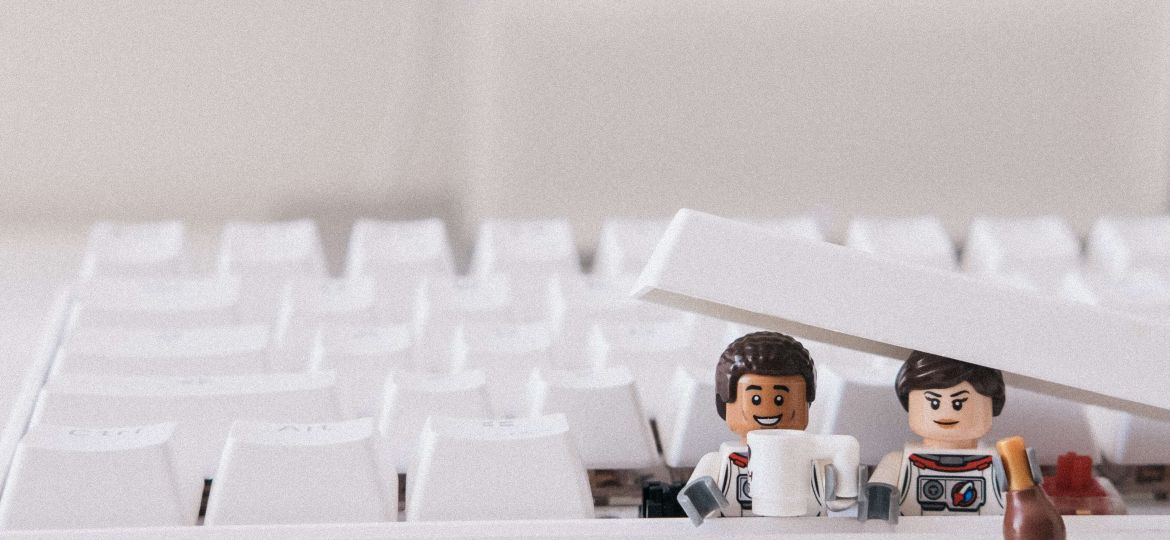
Hangout fatigue? All Zoom gloom? Webexed out? Here are some of the reasons why…
Scientists investigating attention (how we use it, how we lose it, and how we get it back again) have found two main types: ’focused attention’, and ‘soft fascination’[1].
When we’re working on something interesting, we may find ourselves in ‘flow’ and not notice the hours pass. But when we direct our attention to things, such as long hours at a computer, we can exert too much of our brain’s capacity for attention. This leads to attention fatigue, indecisiveness, difficulty forming and articulating thoughts, and increased stress levels. And if you are like us, after we’ve been online for 8 hours facilitating or training, we get a bit irritable!
The good news is that you can restore from attention fatigue through relaxation: in a comfortable home space, with an activity that doesn’t require focused attention, or best of all in a relaxing nature space.
Time in nature (walking, socialising, sitting and letting our mind wander) prompts restorative ‘soft fascination’. Once restored, we can use directed and focused attention again. As little as 10 minutes of natural space can affect mood, cognition and information processing capacity!
So why is video calling particularly challenging? A normal conversation has non-verbal cues like speed of breath intake, shifting of body weight or moving the head or hands, but these are less obvious in video calls. We can’t even make proper eye contact and to add to the challenge, people who can see themselves on video, tend to mute their facial expression, tone and body language. We all then need to make much more effort to focus on what is said, how it is said and what is meant. It takes more effort than a normal conversation or face to face meeting.
Many of us also feel ‘on show’ knowing that we’re always in shot, so can’t look away to think as often, or relax our attention for a moment looking out the window. We can usually see ourselves too, which is distracting because it is direct feedback on how you look when you say things or pull expressions.
We have also invited our work colleagues into our home, so it’s only natural to be concerned about what your work colleagues can see behind you in your new “office”. Many of us have new work colleagues: children, partners, pets, and parents, so we have to focus harder to ignore distractions.
Video calls require more directed attention and can be more stressful, because, brilliant as video calling is, it isn’t how we have evolved to communicate as a species. It comes to us less naturally, so takes more exerted directed attention to do.
For many of us now too, our work has invaded our safe relaxation spaces like our home sanctuaries. The brain is prompted into habits by visual cues, different environments and sensory information, but now our workspace is in our home space. We’ve overlapped our work prompts for directed attention, and our sanctuary and relaxation prompts for soft fascination. It’s unsurprising it’s harder to detach from work at the end of the day.
So, what can you do?
- Take breaks and plan them into calls – an average unrefreshed human brain’s attention span is 30-40 minutes, at which point our brains need a mini-restore/refresh. Have a 5-minute stretch or take a moment outside. Have a moment away from screens.
- Go for walks at lunch to restore your attention and refresh.
- Make sure you are happy with your background before joining a call, so you feel more comfortable and relaxed.
- Turn off self-view wherever possible to feel less on show, relax more, and have more attention for the conversation at hand.
- If possible, have a different space for work and relaxation so that you can keep different spatial cues and maintain a “sanctuary” work-free zone
- If you can’t do 5, then remove work cues at the end of the day (put the laptop away!) and go for a walk to recuperate from the day.
- If you can’t get out of those lengthy meetings or take regular breaks, then organise break days from video calling to give yourself webcam free time and more agency to go soak up some nature.
- Finally, get to your local nature rich space as much as possible – the more diverse the better – it has been shown to lower stress hormone levels, improve physical health, increase self-esteem, catalyse relaxation, and restore your attention.
References: [1] Kaplan and Kaplan




